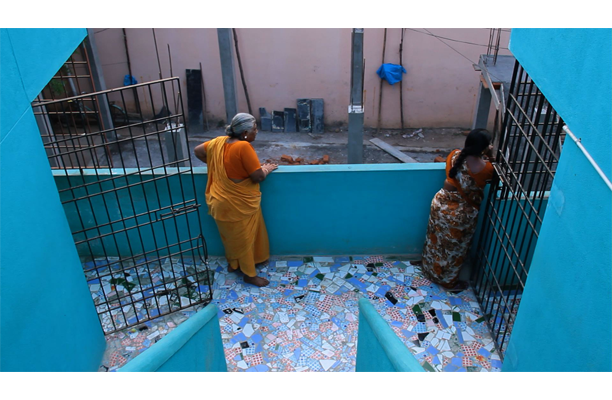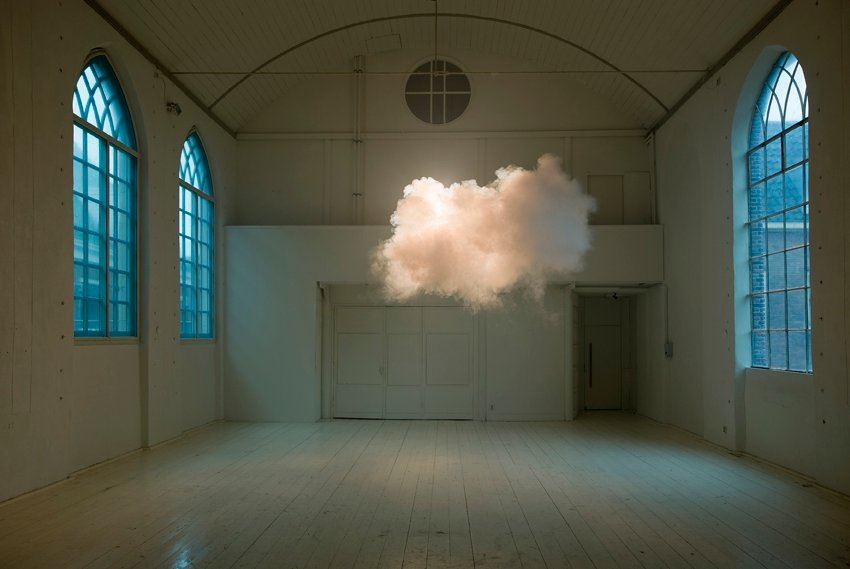India –
Known for testing definitions and boundaries, Q is a uniquely transitional director filmmaker. His most recent picture adapts Rabindranath Tagore’s Tasher Desh to the schizoid and lonely screen-mediated present, and, previous to that, his explicit metamovie, Gandu—banned from cinemas—made waves via alternative distribution on the internet. At once embracing and interrogating both past and present, Q talks about film as a weapon of reckoning and an act of love.
Emaho : Q, you’ve caused quite a commotion with your ruthlessly honest films—was this your intention?
You may say so. The intent was to play around with status quo. And when that happens, a bit of a stir is inevitable.
Emaho : You’ve said in a previous interview that Filmmaking is like war. Why is that? What is the greater purpose behind your own film-battle?
Classic filmmaking resembles war in its structure, its language and its power mechanism. A hierarchial system that has bullish commands and a manic need for control. This is industrial cinema, one that is dedicated to making money, the one that has replaced vaudeville or folk theater to facilitate fantasy in an otherwise mundane social environment. This cinema has great power, and consequently, has been used by authoritarian behemoths to impregnate the civilian mind with trivialities and harmonize their subconscious. This plays a major role in the formation of a status quo.
Alternatively, from the very outset of cinema, there has existed another kind. Where the perception of cinema is as a form of public art, that can, and should, continuously critique and subvert the current social state. Like other forms of art, cinema has serious responsibilities.

These two sides have always been at war. The reason for this is simple. It’s a fight to survive. In one way or the other, through various mechanisms, the industry has continuously tried to subjugate the other voice—sometimes by blocking every path of survival, sometimes through appropriation and dilution. The artists have had to fight, and they have fought from the ground up.
I don’t think I am even ten percent of the artists that inspire me. But I feel like I am in this war. This drives me and my decisions regarding cinema.
Emaho : You’ve mentioned previously that your work constitutes a much-needed sexual revolution in India. What is the problem with the present attitude towards sex in Indian society? How do you expect your films to challenge it?
I am certainly not an authority on this subject. There are many who know far better than me that our cultural identity has always had a deep-rooted understanding about our sexual identity. When I say our, I mean this whole landmass, the subcontinent. Ancient symbols, signs, shapes, stories all over the place, that talk of this wisdom. Whatever I understand of it, it feels like we have developed a great disconnect with this physical reality. A massive fracture, through which all that priceless information has fallen through, out of sight of the present. I do not, for once, think that my films can do anything remotely to do with this problem. My job is to keep talking about it. Through this repetition I might be able to elicit some sort of a response.
Emaho : People walked out of your film Gandu, offended by the sexual content on display. What was your reaction to these reports?
This is one sort of response. I have often said that I find it very interesting to see people leaving a screening. I watch them closely. I count them. I am almost distressed if no one leaves. That possibly means that I have not been able to push hard enough. I try to observe them as they walk out, because they are the reason I am making films.
Emaho : For the censorship authorities in India, as well as for many Indians themselves, Gandu represents pornography. The film remains prohibited from public screenings. What is everyone so afraid of?
Emaho : Chhi chhi, what are you talking about? Aren’t you ashamed to talk openly about these kinds of obscene things?
I think we are afraid of our mothers.
Emaho : What, according to you, is the relationship between open sexuality and truthfulness in film?
It has to do with nakedness. It’s a primitive, primal relationship. It’s about honesty. One of the most honest moments in Indian cinema for me is Shyamal Karmakar’s “I am the very beautiful”. There, the nakedness of the subject, object and the artist merge like magic.
Emaho : Love in India is a particularly brave and complex film—not only because of its personal nature, but its reconsideration of Indian religious myths. What inspired you to make this film?
It was our lives, mine and Rii’s. The film made itself, because I was clueless. Never did it feel dangerous, the way many people see the undermining of religious archetypes. It felt like love, where you find yourself at your clueless best.
Emaho : What is the way out, in your opinion, for artists who have had to self-censor their work because of years of censorship and morality-policing in Indian entertainment?
The way out is alternative distribution. This immediately brings us back to the war discussion. Cut.
Emaho : Are Indian audiences prepared to confront honesty in film? Do they want to watch truthful films?
Nope. I don’t think so. But who cares? No one knows what they want. Till they suddenly realize one fine moment. We shall keep walking towards that moment.
Emaho : What has inspired your particular style and interests as a filmmaker?
The digitalness of our lives. Ganja. Music and how musicians exist. People who manage to defy ego. Mischievous artists. Bangla language. Rii. Revolutions. Tits. DSLR.
Emaho : Would you say that you are hopeful about change in India’s film industry?
It has begun.

Art & Culture Interviewed by Amrita Dhillon
All the Images©Q












